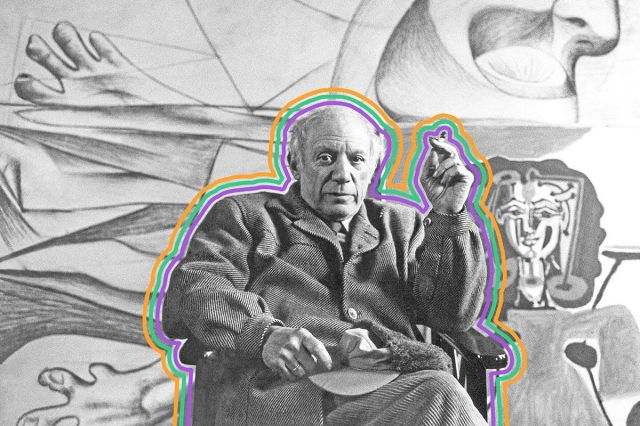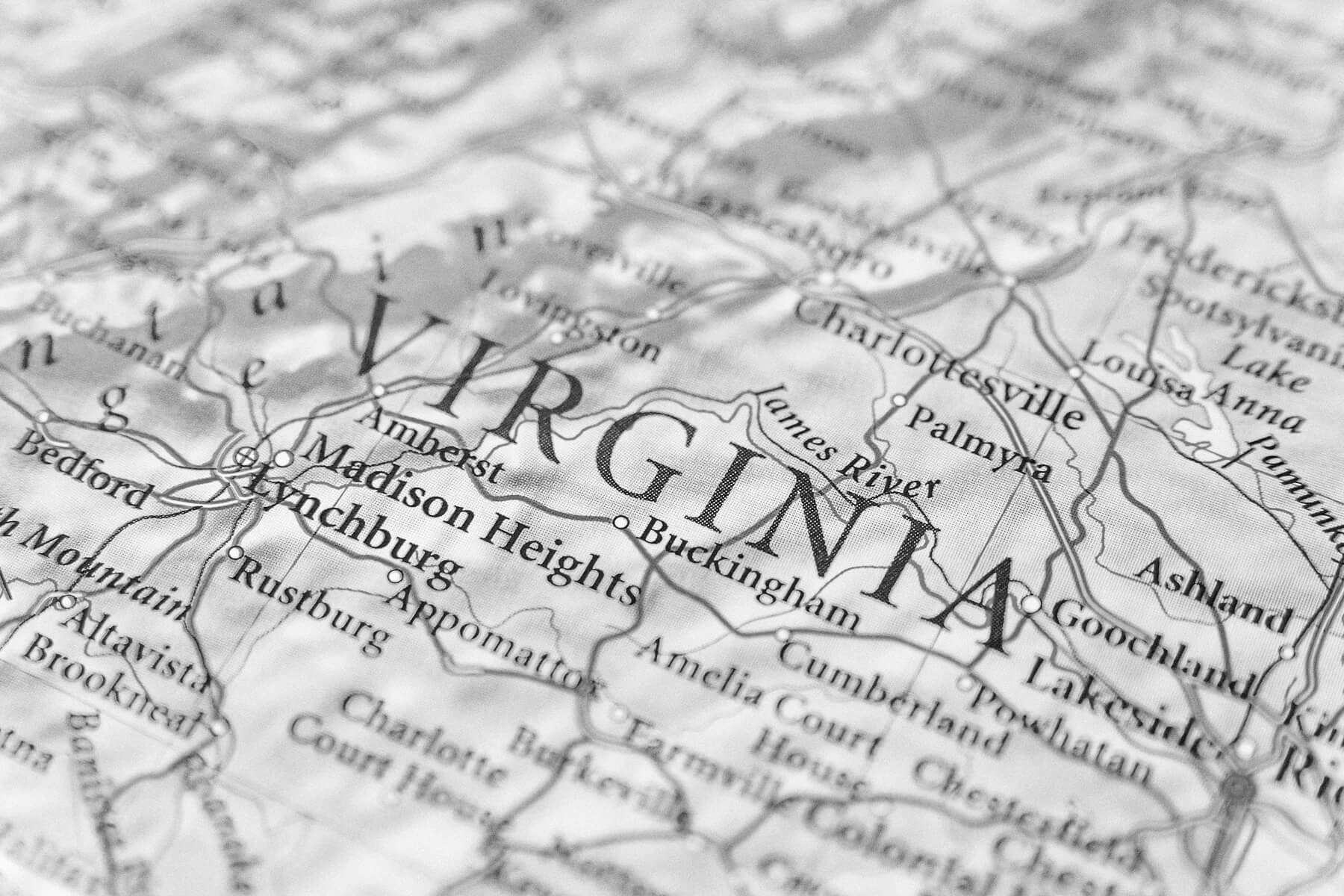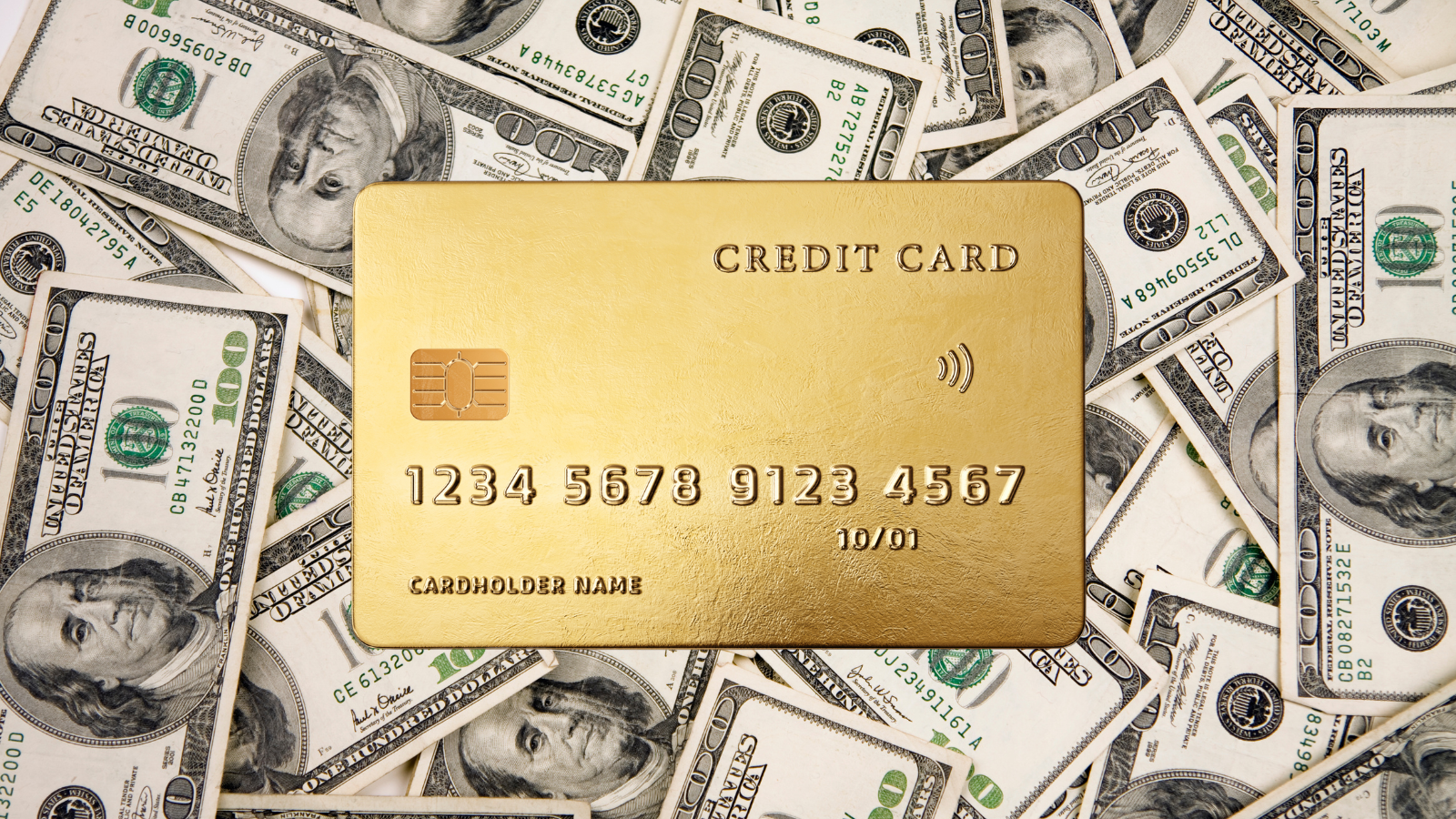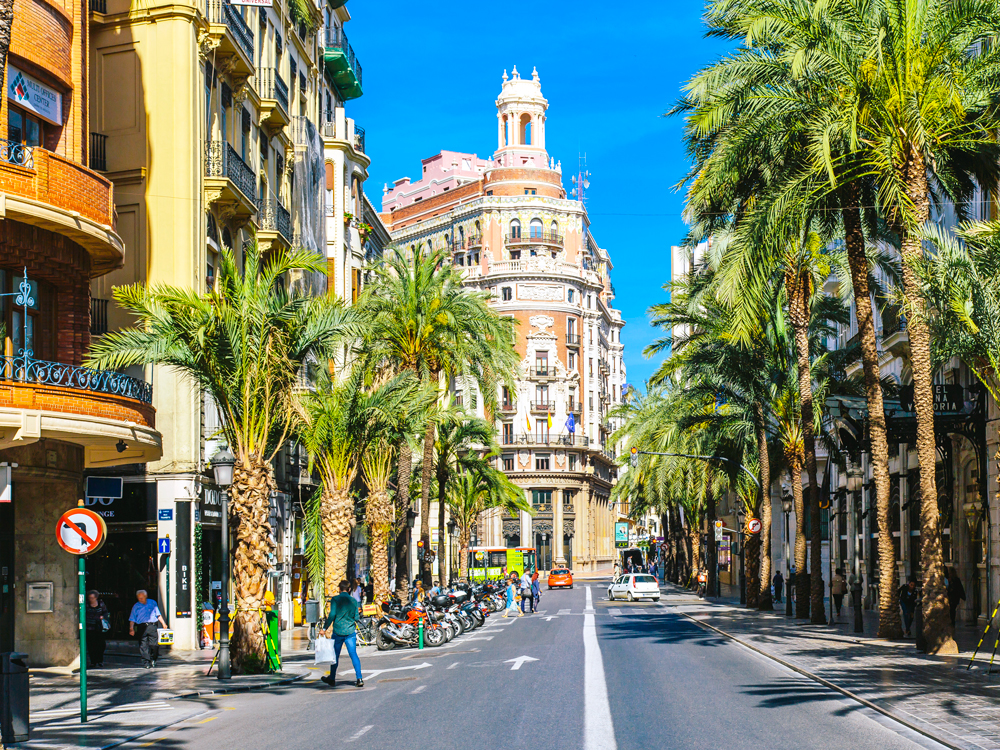
Picasso Chose to Use His Mother’s Surname
Born in Malaga, Spain, in 1881, the artist was baptized Pablo Diego José Francisco de Paula Juan Nepomuceno Crispín Crispiniano María de los Remedios de la Santísima Trinidad Ruiz Picasso. Such long names were common in the Andalusia region of Spain, where they might include the names of saints and relatives.
“Picasso” was his mother’s surname, but he didn’t choose it for feminist reasons. According to the book Conversations with Picasso, by the photographer Brassaï, Picasso said that he liked the double “s,” which was not common in Spain. He noted that Matisse, Poussin, and Le Douanier Rousseau, three other painters, also had a double “s” in their surnames. “And the name a person bears or adopts has its importance,” Picasso noted.

He Loved Doves and Dogs
Picasso’s father bred doves and the artist loved the birds, naming his second daughter Paloma, which is Spanish for dove.
In his lifetime, he also owned dogs of many breeds, big and small — from terriers and poodles to a Great Pyrenees. His most famous pet was Lump, a dachshund. The photographer David Douglas Duncan brought Lump with him on a visit to one of Picasso’s mansions, Villa La Californie, in 1957, and the two bonded. Lump refused to leave, and Picasso painted a portrait of him that same day. Duncan took many photos of the artist and the dog, including one in which Lump stands on Picasso’s lap to eat off his plate. The pair were together for six years, and though Duncan later took Lump back, Picasso and the dog ended up dying within a week of each other.

Picasso Bought Land in Honor of Cézanne
Picasso admired the French painter Paul Cézanne so deeply that in 1958 he bought a chateau and part of the northern face of the mountain in Provence, Sainte-Victoire, that Cezanne had painted so often around the start of the 20th century. He lived in the remote area for three years, escaping from a home in Cannes where he was bothered by tourists hoping to catch a glimpse of him.
More Interesting Reads

Picasso Died Rich, But Without a Will
Great artists do not infrequently die poor (two examples are Vincent Van Gogh and Johannes Vermeer). As a young man, Picasso had to burn his own paintings to keep his apartment warm. But he won acclaim during his lifetime, and owned five properties when he died at the age of 91 in a 35-room mansion, Notre Dame de Vie.
When a court-appointed auditor evaluated the assets in his estate, which included thousands of his own paintings, drawings, and sculptures, their possible value came to a range that, adjusted for inflation, would be more than $500 million to more than $1 billion today. Because he did not have a will and had illegitimate children, the legal battle was complex. His heirs fought for years over the estate and the right to use his name.

Picasso Was Known for Wearing a Striped Shirt
Picasso was famously photographed wearing a striped shirt that had deep roots in France. In 1858, the French navy established a white pullover with indigo blue horizontal stripes as its uniform — the stripes are said to have made seamen easier to spot if they fell overboard. It became known as the “Breton shirt,” as it was made in the region of Brittany (Bretagne in French). The shirt later became a fashion staple: Designer Coco Chanel released a nautical collection, including the shirt, in 1917, and by 1937 John Wayne sported one in a movie, followed by icons including James Dean and Cary Grant.











